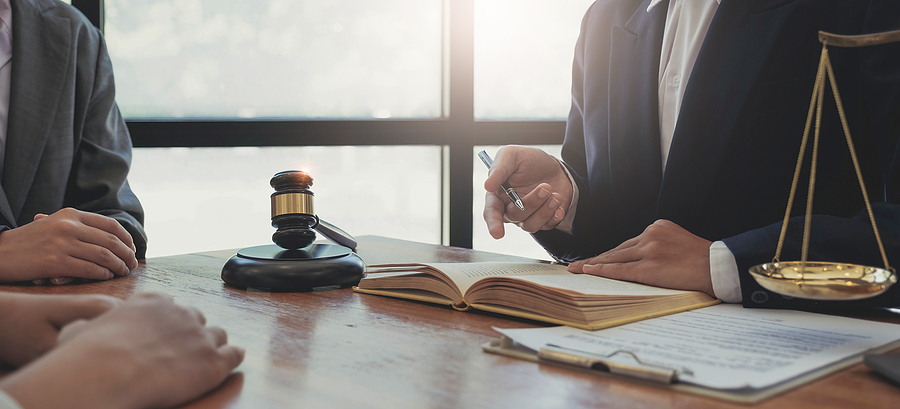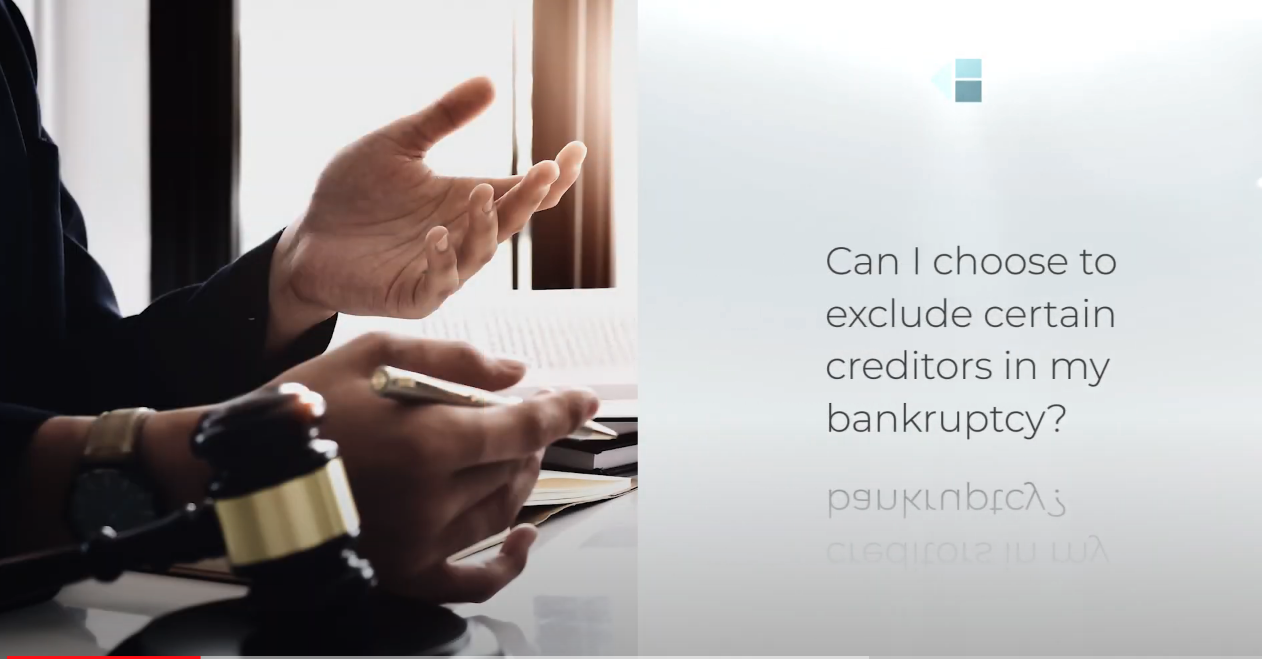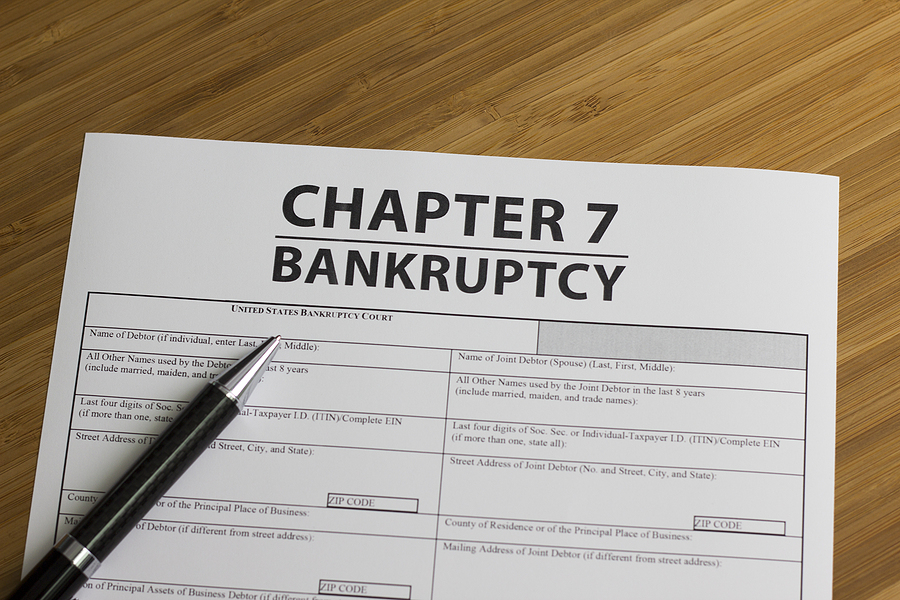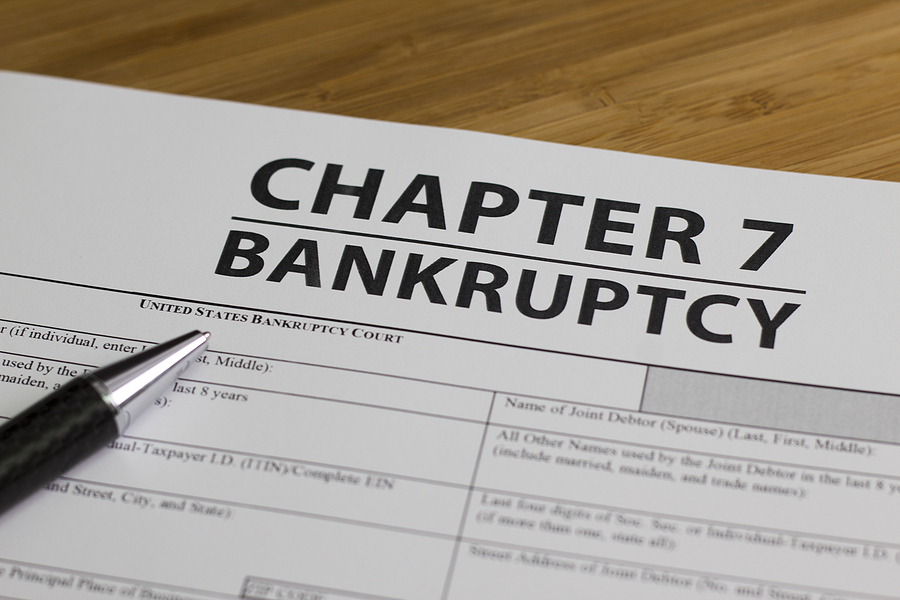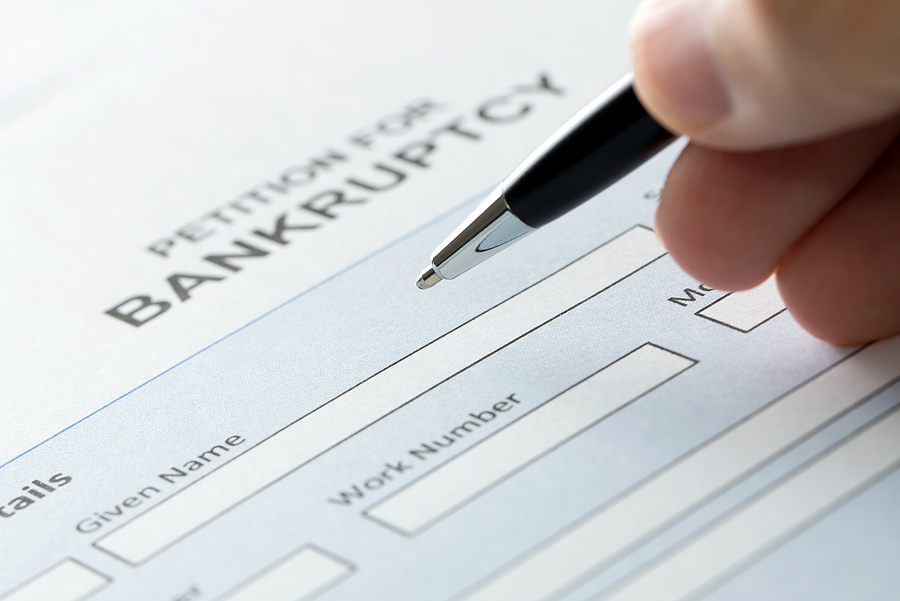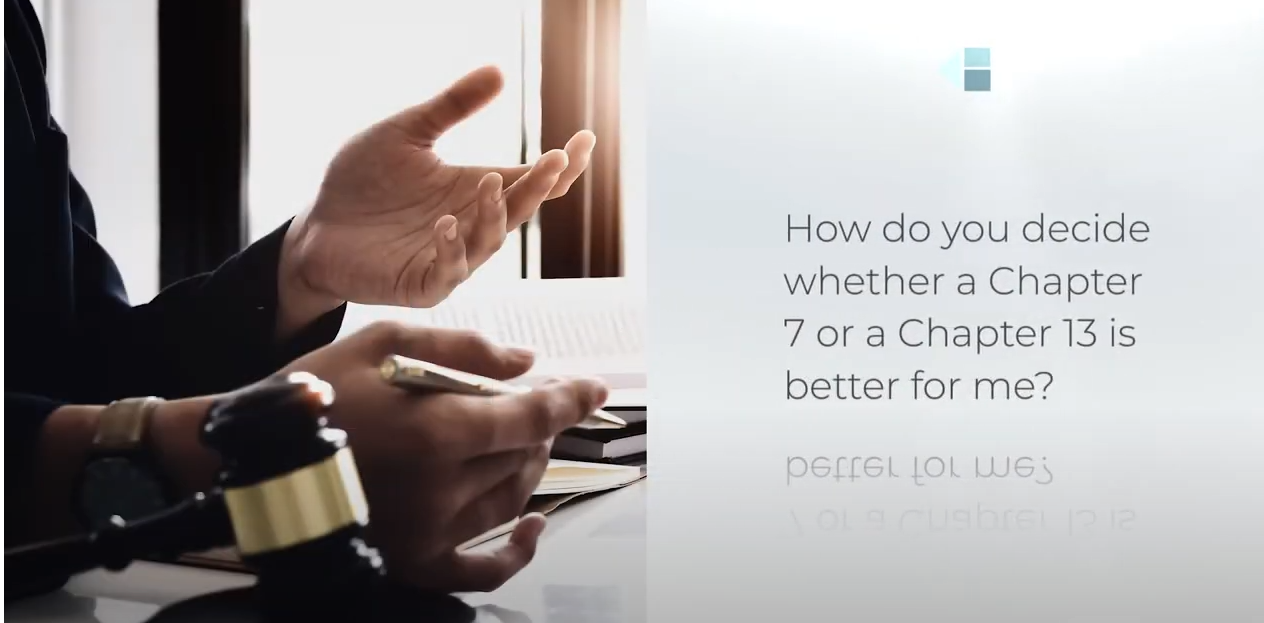When people talk about bankruptcy, they may think there is single legal process. However, there are several forms of bankruptcy, and which one you need will matter. Chapter 7 and Chapter 13 are the types of bankruptcy that people use while Chapter 11 is used by corporations. Today we will be looking at Chapter 7 and Chapter 13 personal bankruptcy. They are different in small ways that make a big difference depending on what you are trying to achieve. Let’s look at the differences between Chapter 7 and Chapter 13 bankruptcy.
What Does Personal Bankruptcy Do?
Bankruptcy of this type allows you to discharge certain debts that you owe. It can also allow you to restructure debts so that you can pay them off, such as housing payments so you do not lose your home. Bankruptcy may include selling assets to pay debts, restructuring monthly obligations, reducing debt amounts, or discharging debts entirely.
A fundamental goal of the federal bankruptcy laws enacted by Congress is “to give debtors a financial “fresh start” from burdensome debts.” You get to start over so that you can reduce stress from dealing with debt, meet your financial goals, and rebuild your financial reputation. The different types of bankruptcy reflect how you go about it.
The Biggest Difference Between Chapter 7 and Chapter 13 Bankruptcy
The most significant difference between Chapter 7 and Chapter 13 bankruptcy is how they handle unsecured debts, like credit cards and personal loans. In Chapter 7, the goal is to dispose of unsecured debt. Chapter 13 also wants to dispose of unsecured debt but is focused on helping you catch up on secured debts, like your house and property.
For example, if you are behind on your mortgage and could go into foreclosure, you could file for Chapter 13 bankruptcy. This would put a hold on the foreclosure process, help you get rid of other debts, and get you onto a payment plan to get caught up on your mortgage.
Alternatively, if your concern is large credit card debt, which is unsecured debt, means you would want to consider filing for Chapter 7 bankruptcy to help you discharge that unsecured debt. Chapter 7 bankruptcy puts an immediate stop to all collections activity, including phone calls, billing, foreclosure, car repossession, and garnishment and levies.
Other Differences Between Chapter 7 and Chapter 13
There are some other differences between the two bankruptcies which your bankruptcy attorney can review with you. One of the most prominent differences in the two types of personal bankruptcy and which usually defines which type of bankruptcy you choose, has to do with property.
In Chapter 7 bankruptcy, you sell unnecessary property to pay off as much of your debts as possible. What is sold off is determined in part by the trustee for the bankruptcy assigned to your case. Examples of what can be sold off are a second home or property that is not your primary residence, investments that are not part of your retirement accounts, or expensive vehicles not covered by bankruptcy exemptions.
In Chapter 13 bankruptcy, the focus is creating a repayment plan so you do not have to sell your property. A Chapter 13 type of bankruptcy is a payment plan bankruptcy. It allows you to repay your creditors partially or in full. The payment term can be between 3-5 years. Payments are restructured usually to a lower amount so you realistically make the payments and make them on time.
It is always best to talk with an experienced bankruptcy lawyers such as our lawyers at Kain+Henehan, to fully understand the positives and negatives to filing for bankruptcy. Our goal is to explain what personal bankruptcy might look like for you in a kind and compassionate way. We want you to understand if bankruptcy might be a good option for you or not.
Schedule a Consultation With a Minnesota Bankruptcy Lawyer
Deciding which option is better for you is something that you need to discuss with the lawyers of Kain+Henehan. We pride ourselves on meeting our clients with compassion and sound legal guidance. We believe having a lawyer help you is an important way to ensure you navigate the bankruptcy process successfully.
Bankruptcy can be a complex process, but we try to make it understandable and accessible. Having us as the right lawyer on your side, we make our process easy to manage and less stressful. Contact Kain+Henehan by calling (612) 438-8006 or filling out the online form to send us a message.

